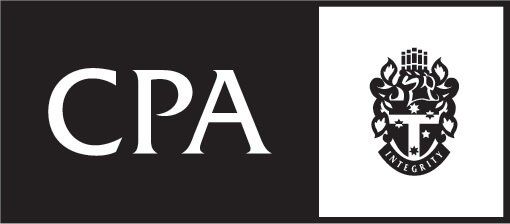March 6, 2025
Employer obligations in 2025 Taxpayers who employ staff should remember the following important dates and obligations: Fringe benefits tax 31 March 2025 marks the end of the 2024/25 FBT year. Employers should remember the following regarding their FBT tax time obligations. They should identify if they have provided a fringe benefit. If they have, they should determine the taxable value to work out if they have an FBT liability. They should lodge an FBT return and pay any FBT owed by 21 May 2025. If their registered tax agent lodges electronically for them, they have until 25 June 2025. They should keep the right records to support their FBT position. PAYG withholding Taxpayers need to withhold the right amount of tax from payments they make to their employees and other payees, and pay those amounts to the ATO. Single touch payroll Employers should finalise their STP data by 14 July 2025 for the 2024/25 financial year (there may be a later due date for any closely held payees). Super guarantee 28 January, 28 April, 28 July and 28 October are the quarterly due dates for making SG payments; The SG rate is currently 11.5% of an employee's ordinary time earnings. From 1 July 2025, it will increase to 12% Taxpayers should ensure SG for their eligible employees is paid in full, on time and to the right super fund, otherwise they will be liable for the SG charge. ATO's tips to help taxpayers stay on top of their BAS If lodging online, or through a registered tax or BAS agent, you may be able to get an extra 2 or 4 weeks to lodge and pay. If you have nothing to report for the period, you must lodge a nil BAS. If you made a mistake on your last BAS, instead of lodging a revision, you may be able to use your current BAS to fix it. You can also use their BAS to vary an instalment amount. Claiming fuel tax credits when rates change Fuel tax credits changed on 3 February, and taxpayers could receive more savings for fuel they have acquired on and from this date. Different rates apply based on the type of fuel, when it was acquired and what activity it is used for. The ATO has the following tips for taxpayers to ensure they are claiming correctly. You can use the ATO's 'eligibility tool' on its website to find out if they can claim fuel tax credits for fuel they have acquired and used. You can use the ATO's online fuel tax credit calculator to work out their claim. ATO "busts" NFP myths As the Not-for-profit self-review return is due in March, the ATO has recently published a document 'busting' various NFP 'myths'. Myth 1: All NFPs are income tax exempt ATO response: This is not true. Some NFPs are income tax exempt and some are taxable. Myth 2: There is only one way to lodge the NFP self-review return ATO response: There are three ways, as follows: A 'principal authority' may be able to lodge using 'Online services for business'; It may be possible for the return to be lodged by phoning the ATO's automated self-help phone service on 13 72 26; and A registered tax agent can lodge the return through Online services for agents. Myth 3: Anyone can lodge the NFP self-review return online ATO response: If lodging via Online services for business, anyone authorised to access the return in Online Services can lodge. If a registered tax agent has been engaged, they can also prepare and lodge the return in Online services for agents. Myth 4: If a person is unsure whether their NFP has charitable purposes, then they do not need to lodge ATO response: The self-review return still needs to be lodged, even if it is not certain whether the NFP is charitable. Taxpayer's claim for input tax credits unsuccessful In a recent decision, the Administrative Review Tribunal rejected a taxpayer's claim for input tax credits on the basis that all the relevant GST returns (i.e., BASs) were lodged out of time. For the GST periods from 1 October 2015 to 31 March 2017, the taxpayer filed each of her GST returns more than four years after they were due. The taxpayer still claimed input tax credits totalling over $10,000 for this period. The ATO disallowed this claim, on the basis that none of the input tax credits were claimed within the four year period, as required by the GST Act. The ART upheld the ATO's decision, noting that, as the taxpayer did not file the GST returns within the four year period. ATO's appeal against decision that UPEs are not "loans" The Full Federal Court recently dismissed the ATO's appeal against an AAT decision that unpaid present entitlements ('UPEs') owing by a trust to a corporate beneficiary were not "loans" for Division 7A purposes. A corporate beneficiary had become entitled to a share of the income of a trust for the 2013 to 2017 income years. Parts of these entitlements remained outstanding, resulting in UPEs. The ATO treated these UPEs as loans from the corporate beneficiary back to the trust and, in consequence, as "deemed dividends" made to the trust. The AAT held at first instance that a loan had not been made in this case. The Full Federal Court upheld the AAT's decision, noting that a loan for Division 7A purposes requires an obligation to repay an amount, not merely the creation of an obligation to pay an amount such as when a trust distributes income to a beneficiary. The information provided in this Newsletter is general in nature and if you have any queries or require further information or assistance with the above, please contact our office.






